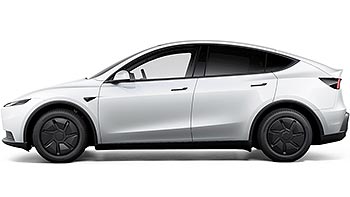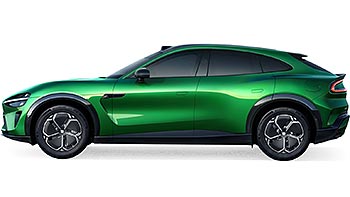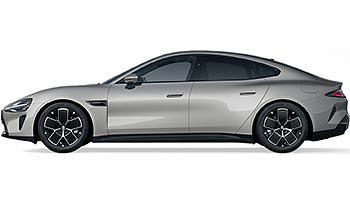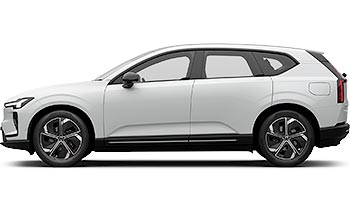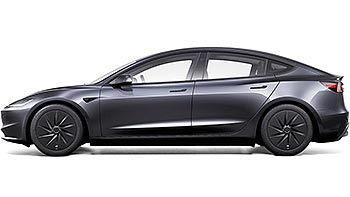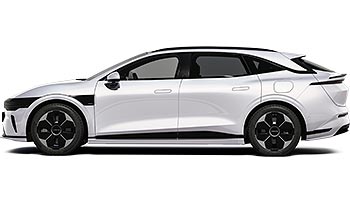China and EU's tug-of-war: China responds

The European Commission only just announced its intent to probe China's EV subsidies, suspecting protectionist motives that might adversely affect global automotive markets. Ursula von der Leyen, the European Commission President, voiced concerns about China allegedly saturating global markets with EVs sporting artificially low prices, thanks to generous state subsidies.
For those well-versed in trade mechanics, this probe might culminate in tariffs. Whispers suggest these could match the 27.5% already slapped on Chinese EVs by the U.S.
 Dacia Spring is made in China
Dacia Spring is made in China
China was quick to shoot back as Beijing labeled the investigation sheer protectionism, cautioning that it would distort global automotive sectors and potentially sour China-EU economic dynamics. The China Passenger Car Association was also on the frontline, arguing that China's EV export surge was less about subsidies and more about a potent and competitive supply chain.
The rhetoric continued with Cui Dongshu, secretary general of the PCA, noting the rising discomfort of Western nations as Chinese companies flex their competitive muscles. Mr. Cui interestingly mentioned that Chinese cars exported to Europe generally have almost double the price tag compared to their local selling price.
 New Tesla Model 3 is made in China
New Tesla Model 3 is made in China
The European Commission's concerns are not without a statistical foundation. Chinese EVs, they claim, undercut European models by roughly 20%, pushing European automakers into a corner to produce more cost-effective electric vehicles. China's slice of the European EV market pie has grown to 8%, with predictions of it doubling by 2025.
According to data from the U.S. think-tank, Center for Strategic and Internal Studies, a staggering 35% of all exported electric cars in 2022 hailed from China – a 10% leap from the previous year. And here's an added twist: the primary exporter from China isn't even Chinese. U.S. behemoth Tesla is leading the charge, accounting for a sizable 40% of China's EV exports in the first quarter of 2023.
This EU-initiated investigation didn't arise from a vacuum. Already shaky relations between the European bloc and China have been further destabilized due to China's diplomatic alignment with Moscow, particularly after the Russian intrusion into Ukraine. Moreover, there's the EU's strategic move to decrease its dependence on China, despite the latter being its primary trading partner.
 BMW iX3 is made in China as well
BMW iX3 is made in China as well
In the midst of this geopolitical jigsaw, China earnestly advocates for dialogue. China's Ministry of Commerce, beckons the EU to foster a predictable and non-discriminatory market landscape, encouraging collaboration against trade protectionism and addressing global climate challenges.
In the grand scheme of things, this EV subsidy dispute is but a chapter in the ongoing narrative of global trade and geopolitics. With the annual China-EU Summit on the horizon, all eyes will be on the subsequent bilateral dialogues, waiting to see if commerce can pave a path for harmony or if the chasm between the two powerhouses will widen further.
Related
Reader comments
- Korsar
As a European, with an annual income of 20-23K... I don't give a fck about ridiculously overpriced EU cars, that got a good 30% price hike with various excuses the last 2 years. If they can't or don't want to make affordable (not shit...
- 18 Sep 2023
- 3An
- Anonymous
It's a shame that people always point the finger at other countries when they no longer see sunshine in the sky in Europe. You want to achieve a goal, no combustion engines by 2030, but you should buy overpriced European car brands. That just do...
- 15 Sep 2023
- FbU
- Five.Minutes
Good move. Keep going.
- 14 Sep 2023
- PX0












